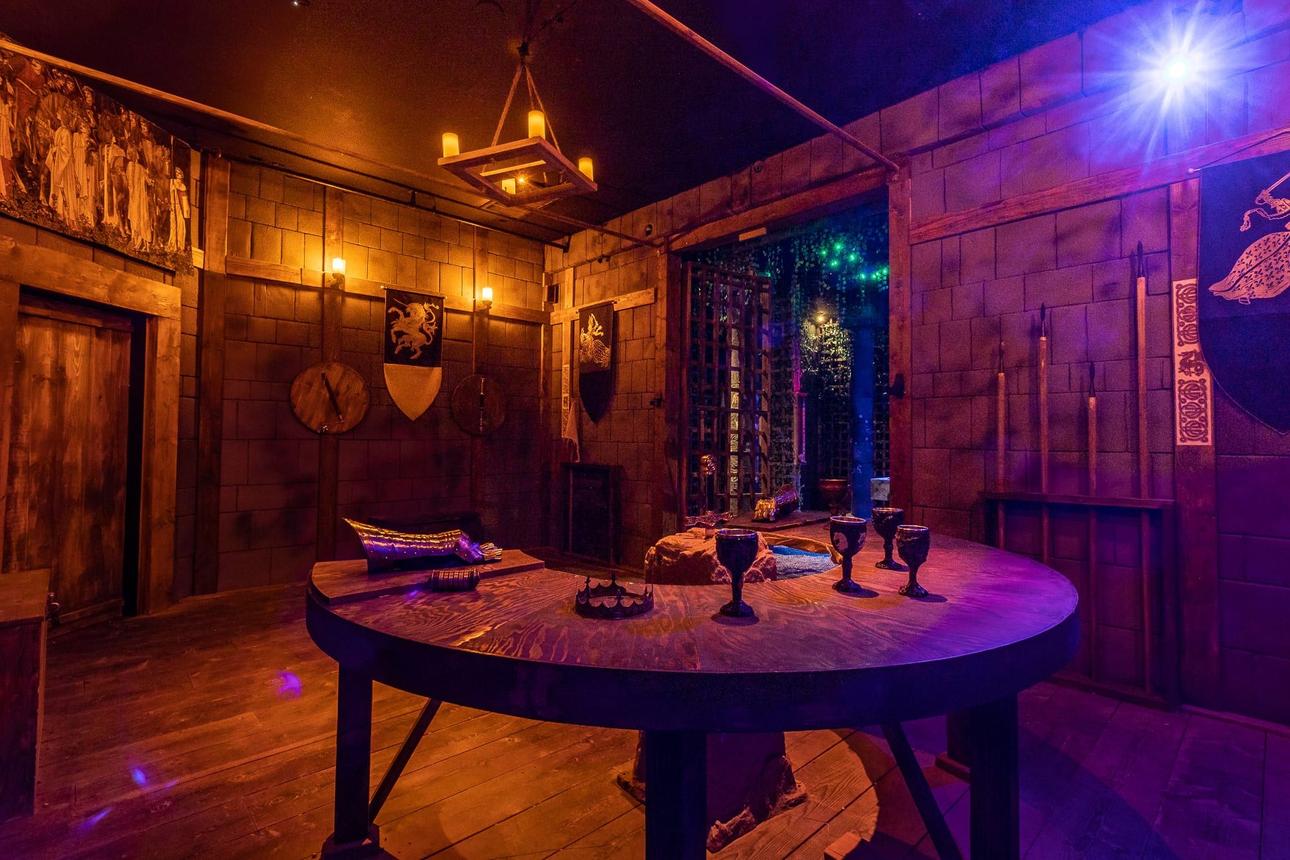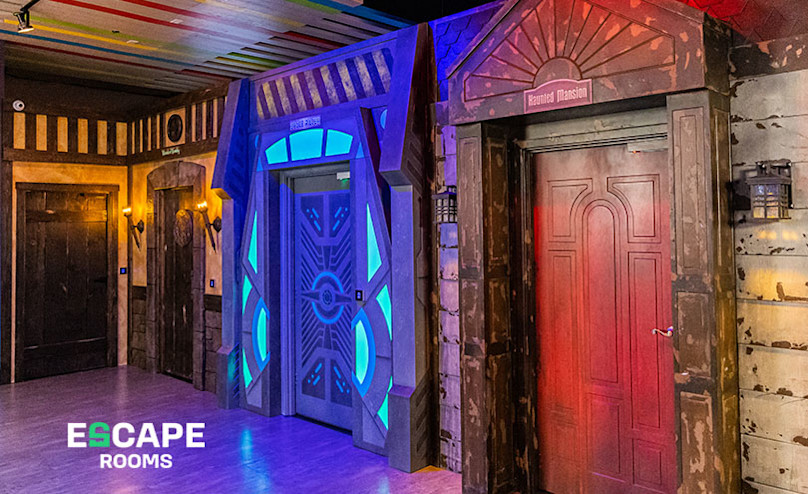Enjoyable and Testing Escape Room-- Strategy Your Next Journey
Enjoyable and Testing Escape Room-- Strategy Your Next Journey
Blog Article
Group Techniques: Exactly How to Collaborate Successfully in a Getaway Area
Teams must proactively listen to each member's understandings, designate duties that line up with specific toughness, and keep routine check-ins to ensure focus and avoid redundancy. By fostering an atmosphere that values communication and versatility, teams can dramatically heighten their performance and success rates.
Establish Clear Communication
To promote clear interaction, it is vital to mark a central factor of contact for info circulation. Brief, focused updates from each team participant can maintain the group notified without frustrating them with information.

Appoint Duties Strategically
While clear communication establishes the foundation for effective team effort, assigning duties strategically guarantees that each employee's strengths are used successfully. In an escape space scenario, the time-sensitive and intricate nature of obstacles requires an efficient method to job delegation. By recognizing and leveraging private expertises, groups can maximize their problem-solving abilities and boost overall efficiency.
First, examine the unique skills and attributes of each individual. Somebody with an eager eye for detail could stand out in locating hidden objects, while a rational thinker could be better fit to fixing puzzles. It's just as important to have a leader who can manage progression, manage the timeline, and make definitive telephone calls when essential. This role typically calls for solid organizational and interpersonal skills.
Second, guarantee that roles are flexible and versatile. As brand-new difficulties emerge, the team has to have the ability to pivot, reapportioning jobs as needed. This flexibility aids keep momentum and prevents bottlenecks that can take place as a result of stiff function tasks.
Eventually, a strategic strategy to function assignment not only takes full advantage of the strengths of each group member however likewise fosters a cohesive atmosphere, driving the team towards an effective getaway.
Use Diverse Skills
Identifying and harnessing the varied skills within your team can dramatically boost your performance in a retreat space. Each team participant brings special strengths to the table, and properly leveraging these abilities can accelerate problem-solving and improve overall efficiency. As an example, an employee with additional hints strong analytical skills may succeed at understanding complex codes or patterns, while one more with keen observational capabilities might rapidly spot concealed ideas that others could forget.
Motivate group members to voice their insights and concepts without delay, making certain that all potential solutions are considered. In best site addition, assigning jobs that straighten with each participant's staminas can protect against traffic jams and make sure that development is constant.
In addition, variety in skills typically equates to diversity in believing styles, which is important in an escape space setup. While some difficulties may require sensible reasoning and accuracy, others may gain from creative and lateral thinking. By identifying and leveraging this diversity, teams can resolve a broader array of difficulties more effectively, thus increasing their opportunities of a successful retreat.
Manage Time Properly

First, allot first mins for a fast survey of the area. Recognize noticeable puzzles and split tasks based on employee' staminas, making certain that no one is idle. Set inner time checkpoints to examine progression occasionally; as an example, objective to have half the puzzles fixed by the mid-point of the game. This practice can aid keep the team concentrated and protect against time from sliding away undetected.
Furthermore, stay clear of one-track mind. If a problem is taking also long, turn group participants or proceed to another challenge, returning later on with fresh point of views. Interaction is paramount-- keep every person updated on addressed challenges and remaining tasks to prevent redundant efforts.
Finally, use any Your Domain Name kind of hints or ideas sparingly yet purposefully - best escape room. Understanding when to request for help can conserve important time. By adhering to these time administration concepts, teams can considerably improve their opportunities of an effective and satisfying getaway area experience
Debrief and Reflect
Reflection is an essential element of group advancement and enhancement in the context of getaway areas. As soon as the challenge is completed, whether successfully or not, it is critical for the team to engage in a structured debriefing session. This procedure permits team members to examine their performance, recognize staminas, and determine locations for enhancement.
Start the debrief by reviewing what worked out. Highlight specific instances of reliable communication, problem-solving, and partnership. Acknowledging these favorable behaviors strengthens them and motivates their rep in future challenges.
Discuss minutes of confusion, miscommunication, or inadequate approaches. Urge an open and positive discussion where group participants can share their viewpoints without anxiety of objection.
Final Thought
In conclusion, effective partnership in an escape room is based upon clear interaction, strategic duty tasks, the efficient usage of diverse abilities, and skillful time monitoring. Routine check-ins and structured debriefings are essential for keeping focus and fostering continual renovation. By producing a cohesive and adaptive group atmosphere, the possibility of efficiently addressing problems and accomplishing the goal of leaving the room is dramatically boosted. This method not only makes certain success yet also advertises collective development and discovering.
Report this page